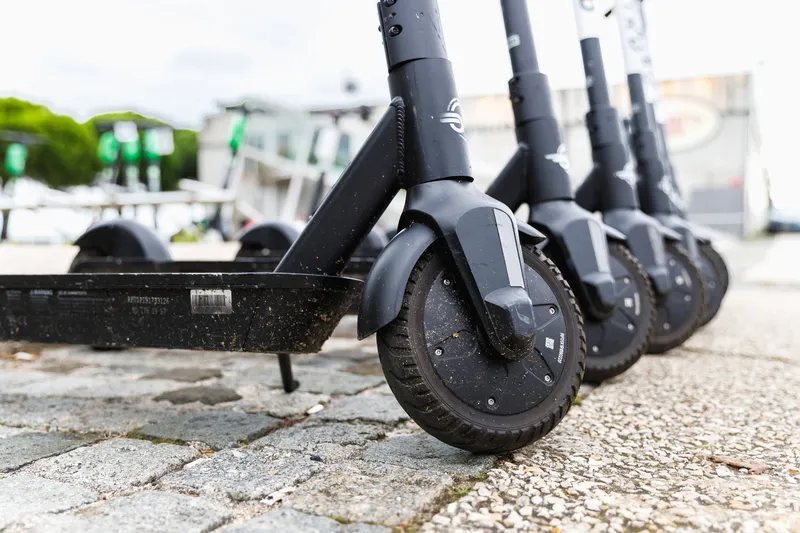The
US secretary of transportation Elaine Chao says: “The Department is awarding $60 million in grant funding to test the safe integration of automated vehicles into America’s transportation system while ensuring that legitimate concerns about safety, security, and privacy are addressed.”
The USDoT is delivering the funding via the Automated Driving System Demonstration grant programme, which supports projects that encourage collaboration on ADS.
The biggest grant - $8.4m - will be awarded to Pennsylvania DoT to explore the safe integration of ADS into work zones by examining connectivity, visibility and high-definition mapping technologies.
The Texas A&M Engineering Experiment Station will receive $7m to develop and test ADS for rural roads without high-definition maps and with no or low-quality road signs or markings.
The University of Iowa is to use $7m to carry out a project that gathers and generates publicly-available data on rural roads to help safely integrate ADS into US roadways.
Meanwhile. the Virginia Polytechnic Institute and State University (
Elsewhere in the US, Ohio DoT will be allocated $7.5m to conduct a demonstration focused on rural environments, cooperative automation and data collection to enable the development of ADS policies.
In California, the USDoT is to pledge $7.5m to the
Pennsylvania DoT is to utilise nearly $8.5m to explore the safe integration of ADS into workzones by examining connectivity, visibility and high-definition mapping technologies.
In Michigan, the city of Detroit has secured $7.5m to implement a software platform in a demonstration focused on mobility and safety.
USDoT awards $60m funding for ADS systems testing
The US Department of Transportation (DoT) is to provide nearly $60 million in funding for eight projects to test the safe integration of autonomous driving systems (ADS).
US secretary of transportation Elaine Chao says: “The Department is awarding $60 million in grant funding to test the safe integration of automated vehicles into America’s transportation system while ensuring that legitimate concerns about safety, security, and privacy are addressed.”
The USDoT is delivering the funding via the Autom
September 20, 2019
Read time: 2 mins








